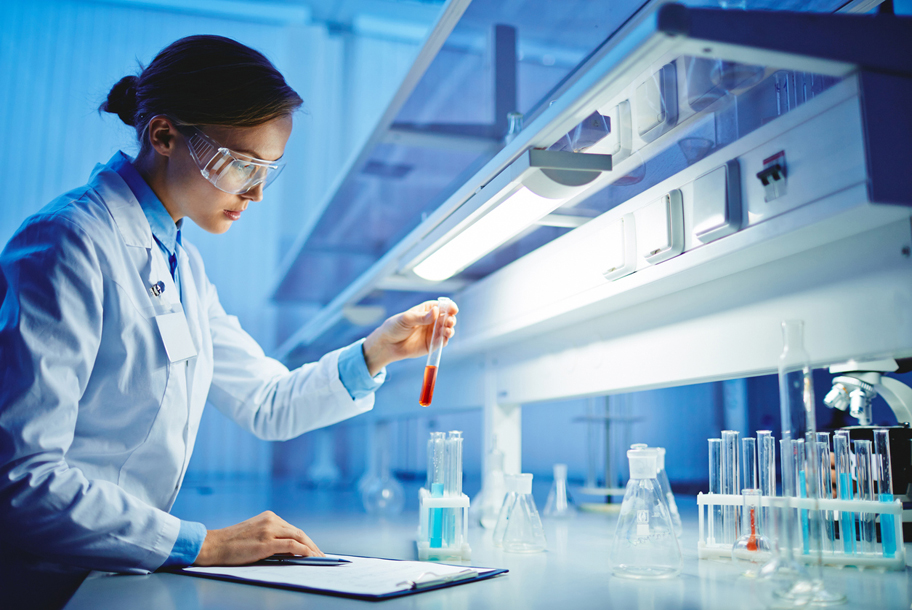

The aim of this course is to enrich and update the knowledge and skills of the participants for understanding laboratory technical, requirements of quality laboratory and procedure of safety methods. With enable the participants to provide an understanding of the roles of the quality and technical performance in the laboratory. Provide an understanding of the roles of quality standards, how to develop the technical, and methods in the analytical lab and how to evaluate the lab results.
The course is planned for, lab technicians, lab supervisors and chemists. The course is also designed for people who implement, maintain and review laboratory quality systems.
This interactive Training will be highly interactive, with opportunities to advance your opinions and ideas and will include;
Day 1
Day 2
Day 3
Day 4
Day 5
BTS attendance certificate will be issued to all attendees completing minimum of 80% of the total course duration.
| Code | Date | Venue | Fees | Register |
|---|---|---|---|---|
| LAB142-01 | 13-04-2026 | Istanbul | USD 5950 | |
| LAB142-02 | 14-06-2026 | Manama | USD 5450 | |
| LAB142-03 | 06-09-2026 | Amman | USD 5450 | |
| LAB142-04 | 29-11-2026 | Dubai | USD 5450 |
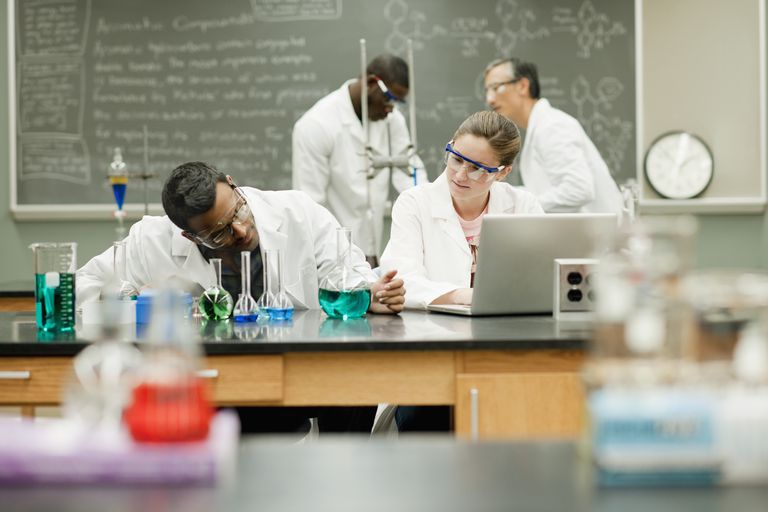
This course explains safe lab to minimize the risk of spills and chemical exposures. Laboratories involve many chemicals, procedures, and operations that require specific safety precautions. The cours ...
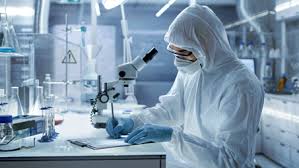
Efficient use of advanced operations and instruments in the chemical laboratory are vital tools to solve any laboratory problem. The course provides basic laboratory analysis methods and troubleshooti ...
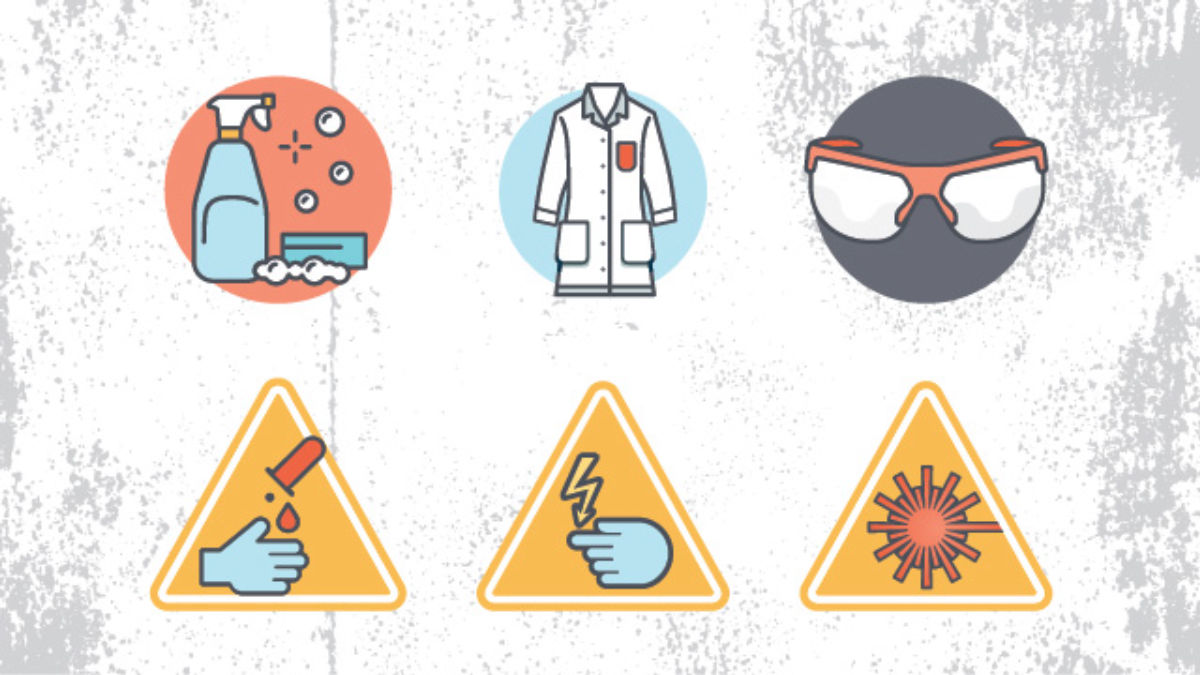
This comprehensive course provides an in-depth look at the fundamentals of lab safety and effective lab safety programs. It provides participants with an overview of laboratory hazards, regulatory req ...

There are many special procedures conducted within our laboratories, which require unique health and safety precautions. Departments will have additional procedures that apply to their own situations ...

This course covers the major instrumental techniques of spectrophotometers, chromatography, capillary electrophoresis and atomic emission spectroscopy. The use of case studies, exercises and practical ...
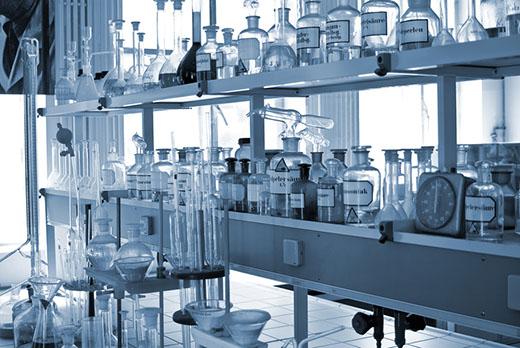
Health and safety regulations are increasingly emphasizing the importance of management commitment and employee involvement in managing risks. This course describes practices that laboratories should ...
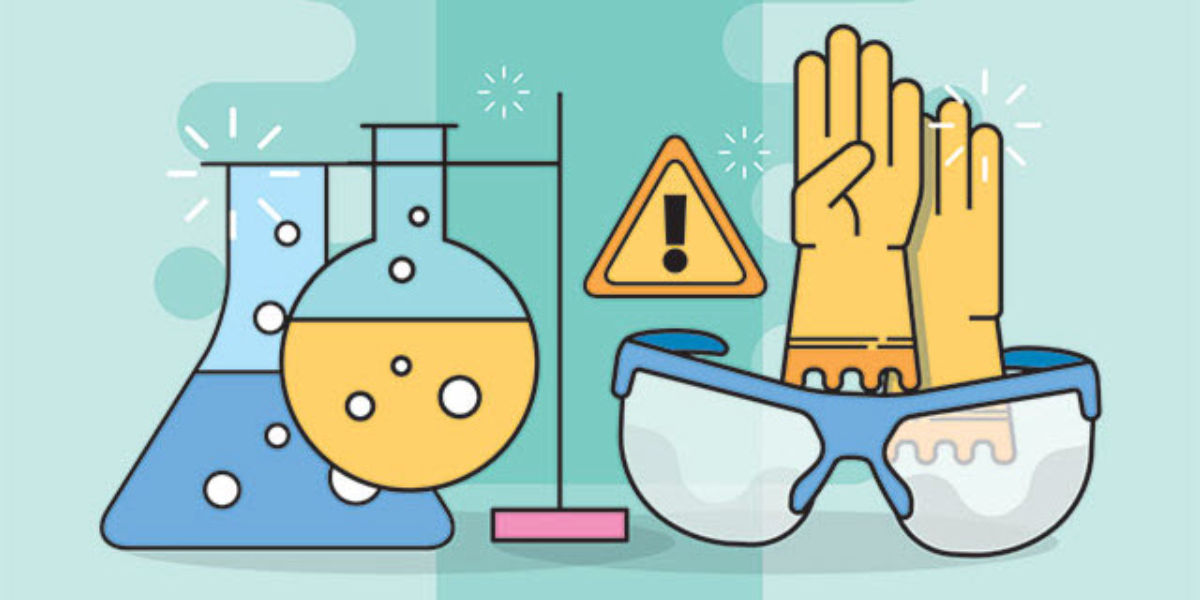
Health and safety regulations are increasingly emphasizing the importance of management commitment and employee involvement in managing risks. This course describes practices that laboratories should ...
Providing services with a high quality that are satisfying the requirements
Appling the specifications and legalizations to ensure the quality of service.
Best utilization of resources for continually improving the business activities.
BTS keen to selects highly technical instructors based on professional field experience
Since BTS was established, it considered a training partner for world class oil & gas institution
1st floor, Incubator Buildingو Masdar City, Abu Dhabi, UAE
Sun to Fri 09:00 AM to 06:00 PM
Contact Us anytime!
Request Info